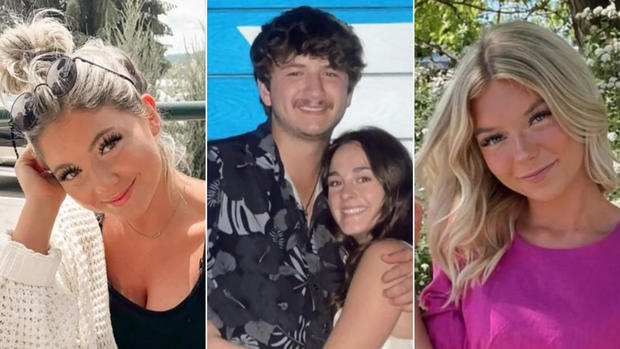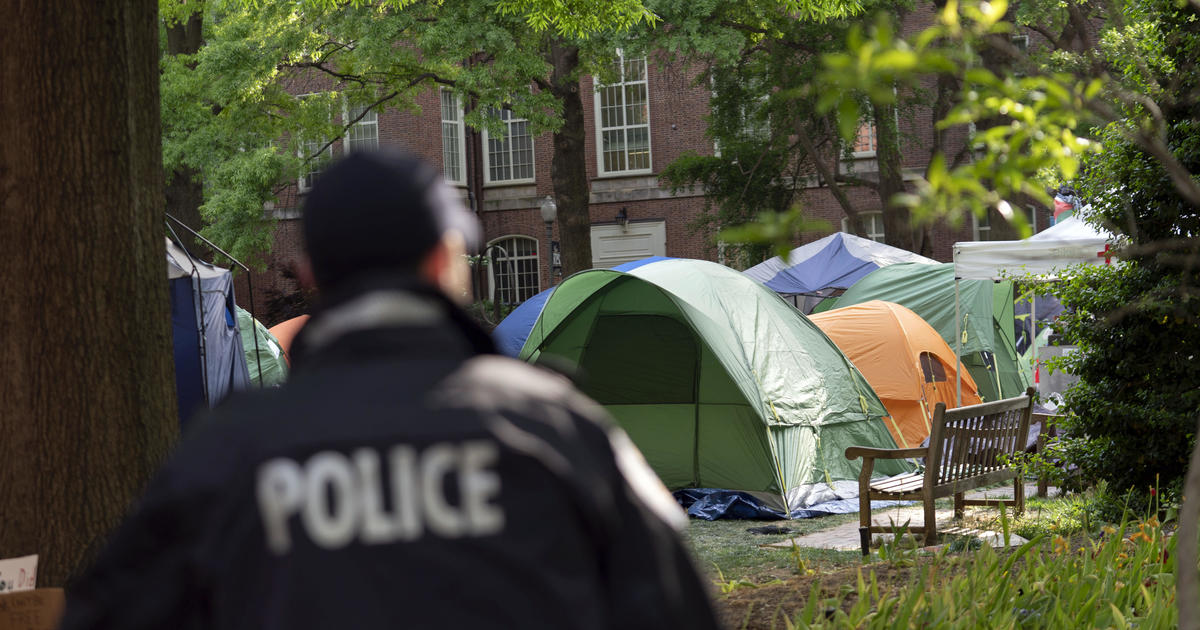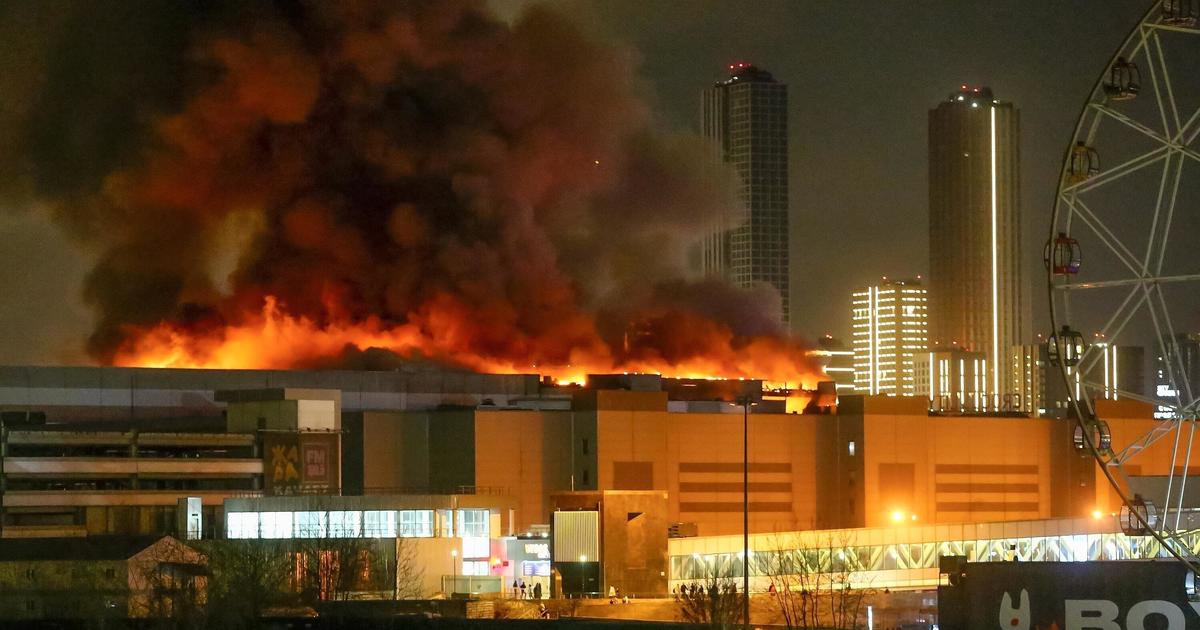Judge overseeing Idaho murders case bars media cameras, citing "intense focus" on suspect — but the court will livestream
The judge overseeing the case of a man accused of stabbing four University of Idaho students to death late last year is banning members of the media and the public from using cameras and audio recording devices in the courtroom, saying they jeopardize the defendant's right to a fair trial.
Second District Judge John Judge in Moscow, Idaho, said the court would, however, operate a livestream, available on its YouTube channel, that would ensure members of the public can observe the proceedings.
Bryan Kohberger is charged with four counts of murder in connection with the deaths at a rental house near the university campus in Moscow last November. A judge entered a not-guilty plea on Kohberger's behalf earlier this year. Latah County Prosecutor Bill Thompson has said he intends to seek the death penalty, and the case is scheduled for trial this fall, although it could be postponed.
The judge had been allowing news cameras in the courtroom during hearings under strict conditions, but on Friday, he granted a request by Kohberger's attorneys to ban them. Judge wrote that some photographic and video coverage had zoomed in on Kohberger, despite his directive that shots show the entire courtroom, and that some shots depicted him entering or exiting the courtroom, despite orders that images only be taken when court is on the record and not in recess.
"It is the intense focus on Kohberger and his every move, along with adverse headlines and news articles, that leads the Court to conclude that continued photograph and video coverage inside the courtroom by the media should no longer be permitted," Judge wrote.
Wendy Olson, an attorney representing a coalition of media organizations, including The Associated Press, which sought to preserve their ability to take photos and video during hearings in the case, did not immediately respond to an email and phone call seeking comment Monday evening.
The bodies of Madison Mogen, Kaylee Goncalves, Xana Kernodle and Ethan Chapin were found Nov. 13, 2022, at a home across the street from the University of Idaho campus. Investigators pieced together DNA evidence, cellphone data and surveillance video that they say links Kohberger to the slayings.
According to the affidavit, Kohberger's cellphone pinged in the vicinity of the house 12 times prior to the murders. Steve Goncalves, Kaylee's father, told "48 Hours" in September that before the gag order, one of the lead investigators told him they believe Kohberger had been scouting out the house.
"He had to know when people were coming, people were going," Steve Goncalves said.
Kohberger was a graduate student studying criminology at Washington State University, which is a short drive from the scene of the killings across the state border. He was arrested at his parents' home in Pennsylvania, and the unusual details of the case have drawn widespread interest.
Judge said his order, which cannot be appealed, would balance the public's interest with Kohberger's right to a fair trial and the orderly administration of justice, because the court would not have to monitor who was recording images of what.
"To be clear, the Court is not accusing all journalists and media outlets of violating the Court's orders," he wrote. "However, Court operated video system will give the Court greater control over what is being videoed, will lessen the burden on the bailiffs, will help to alleviate counsels' concerns, and will allow the media and the public access to the video footage of the proceedings."
Last month, the judge rejected a motion to throw out Kohberger's indictment.
Kohberger's lawyers had argued his indictment should be thrown out on the grounds of "error in grand jury instructions," CBS affiliate KREM reported.
Kohberger's defense took particular issue with the burden of proof being established to the jury as "probable cause" instead of "beyond a reasonable doubt," which it argued was not standard in the state of Idaho, KREM reported.
F




